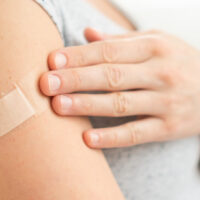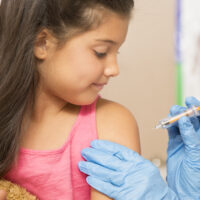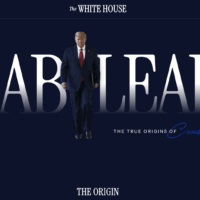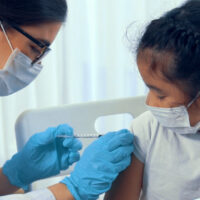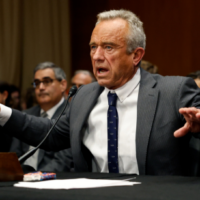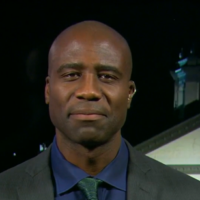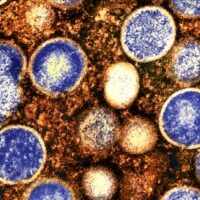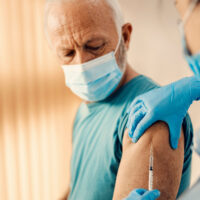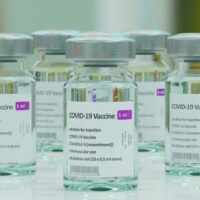A document the Department of Health and Human Services distributed to members of Congress to justify recent changes to COVID-19 vaccine recommendations misrepresented scientific research to make unfounded claims about vaccine safety for pregnant people and children.
Misconception: COVID-19 Misconceptions
HHS Misleads on mRNA Vaccine Safety After Pulling Moderna Funding
Q&A on New COVID-19 Vaccine Policies
In the past two weeks, U.S. public health authorities have skirted normal procedures and announced two major policy changes that will likely reduce access to COVID-19 vaccines and restrict use to higher-risk populations. Here, we explain what we know — and don’t — about these new COVID-19 vaccine policies.
Trump Administration Incorrectly Claims Certainty About Origin of Coronavirus
RFK Jr. Misleads About Safety of COVID-19 Vaccine in Children
In recent interviews, Health and Human Services Secretary Robert F. Kennedy Jr. has minimized the risk COVID-19 poses to kids and exaggerated the risk of the vaccine, incorrectly claiming that the shot poses a “profound risk” to children. While serious side effects can occur, they are rare, and have not been shown to outweigh the benefits of the vaccine in protecting against COVID-19.
RFK Jr. Cites Flawed Paper Claiming Link Between Vaccines and Autism in HHS Confirmation Hearing
In his second day of confirmation hearings, Robert F. Kennedy Jr., President Donald Trump’s pick to lead the Department of Health and Human Services, refused to say that vaccines do not cause autism — despite a large body of evidence showing there is no link. He also pointed to a flawed paper to suggest that there is credible evidence to claim vaccines cause the disorder.
Florida’s 2024-2025 COVID-19 Vaccine Guidance Misunderstands, Distorts Existing Science
An abundance of evidence indicates the mRNA COVID-19 vaccines are remarkably safe and work well to protect against severe disease. But last month, the state of Florida issued updated vaccine guidance advising “against the use” of the shots entirely — even for people who are older and at higher risk of severe disease. Experts say the advice is ill-informed and “illogical.”
Posts Sharing Mpox Misinformation Recycle Claims from Prior Viral Outbreaks
Responding to rising mpox cases in Africa, the World Health Organization declared a public health emergency of international concern on Aug. 14. Social media posts subsequently repeated a plethora of false or baseless claims, including that COVID-19 vaccines cause the viral disease or that the current outbreak is part of a global conspiracy.
Flawed Autopsy ‘Review’ Revives Unsupported Claims of COVID-19 Vaccine Harm, Censorship
COVID-19 vaccination is generally very safe, and except for extremely rare cases, there is no evidence that it contributes to death. Social media posts about a now-published, but faulty review of autopsy reports, however, are repeating an unfounded claim from last summer that “74% of sudden deaths are shown to be due to the COVID-19 vaccine.”
Posts Misrepresent Ruling on COVID-19 School Mandate Lawsuit
A federal appeals court has revived a lawsuit against the Los Angeles Unified School District for its now-rescinded COVID-19 vaccine requirement. The court said the case should be allowed to develop beyond the preliminary arguments. But anti-vaccination activists have twisted the opinion to falsely claim the court had “declared that the mRNA covid jab is NOT a vaccine.”
